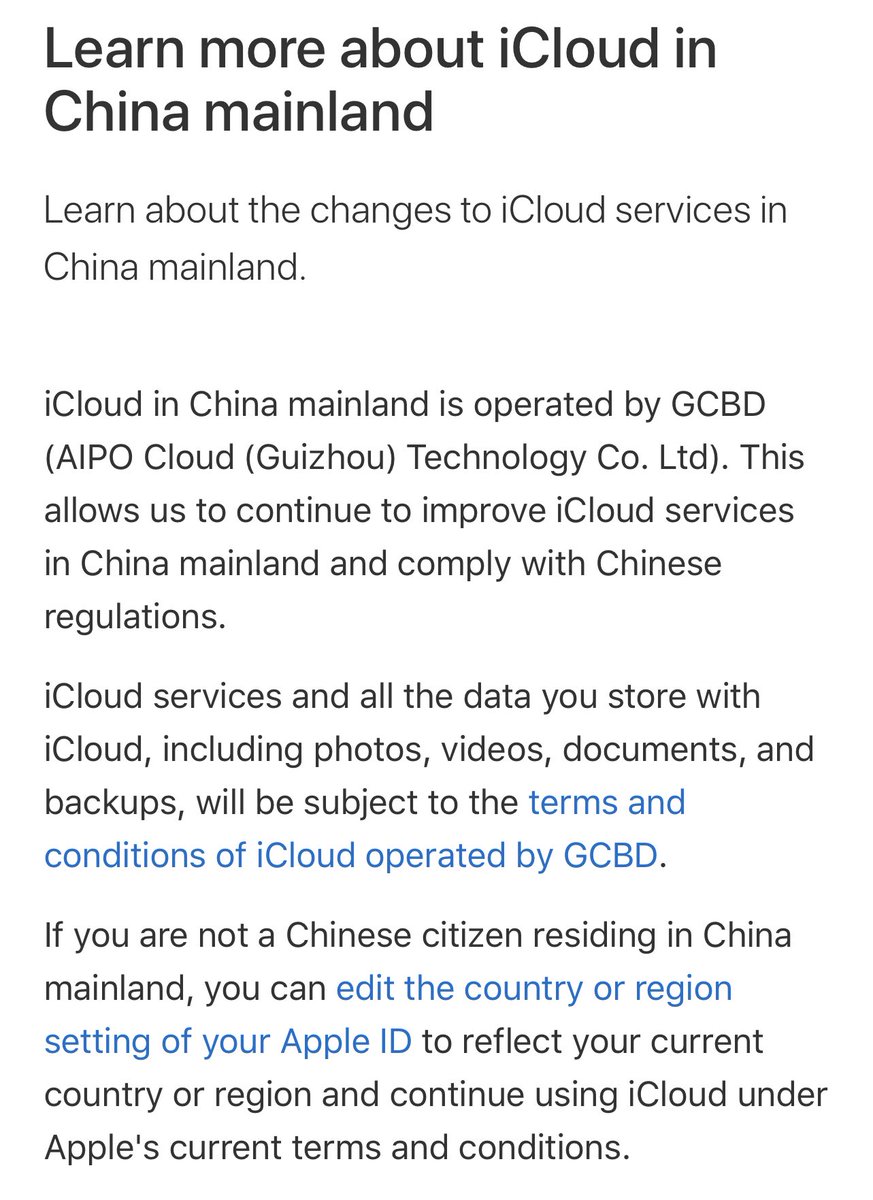
“Decentralization” means very different things to different people.
I guess this is mostly a subtweet of David Rosenthal’s talk. I’m not sure if I even disagree with it, exactly. blog.dshr.org/2022/02/ee380-…
It’s pretty hard to disagree with critiques of proof-of-work mining, which is an environmental catastrophe. But then what’s the objection to proof-of-stake? It “isn’t effective at decentralization”. 

What does that even mean? Why is “decentralization” the goal exactly? Is this a social critique or a technical one, and if it’s a technical critique what evidence are you bringing for your claims?
Also: people seem to have a hard time separating the notion of “permissionless” systems from “centralized” ones. They’re different!
• • •
Missing some Tweet in this thread? You can try to
force a refresh











